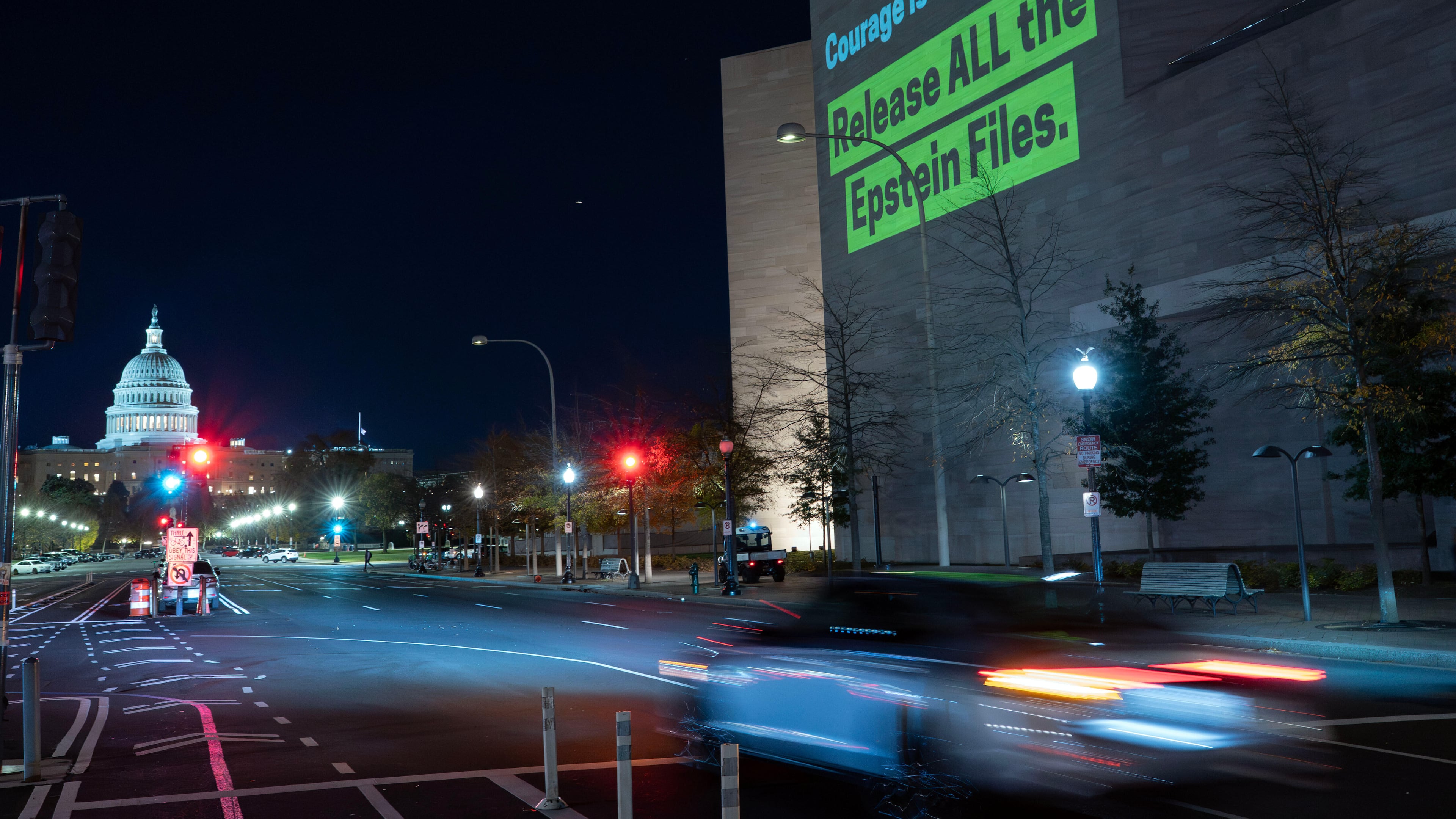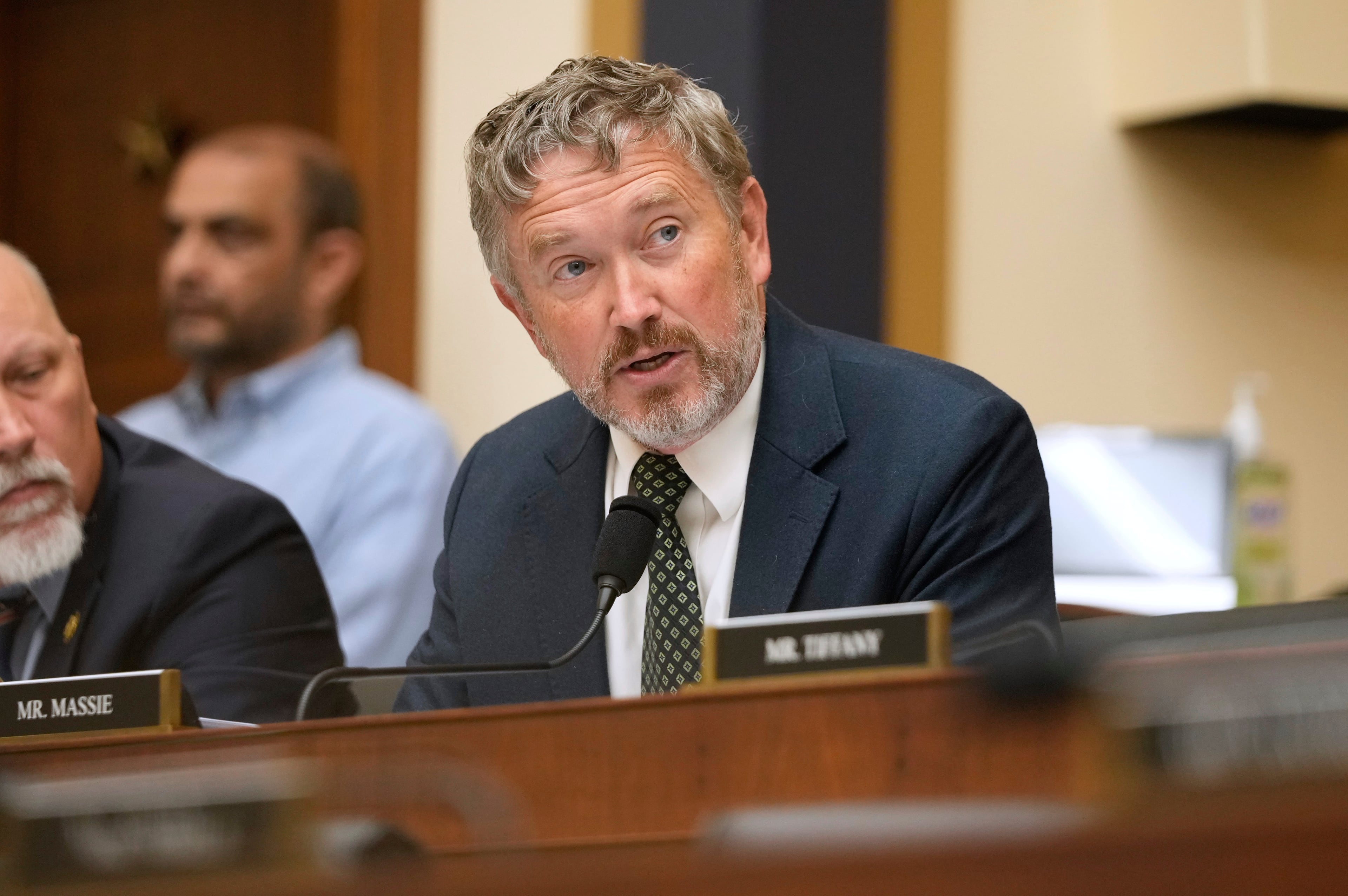The fallout of Epstein's crimes spans the globe. Here's a look at some of those paying the cost

The fallout from Jeffrey Epstein's transgressions spans oceans and continents, from the vulnerable girls he exploited to the privileged people and institutions that chose to associate with him, cover up his activities — or look away. No one has paid a higher cost than Epstein's victims, who number more than 1,000, according to the Justice Department.
The world will soon have more information. President Donald Trump, friends with Epstein for years before he says they had a falling out in the early to mid-2000s, signed a bill late Wednesday forcing the Justice Department to make public many of its files on Epstein. The president's reversal was a rare bow to the fact that his fight to quash the files was doomed in the Republican-led Congress, a development noted in foreign news outlets as a moment of exposure on the home front for the brash American president who had dominated geopolitics all year.
It's worth noting that elected representatives of a nation bitterly divided on so much else at least could agree that the web of Epstein's sex trafficking must be exposed. Yet even that has limits, because the legislation shields some of the case files from public view. Trump has insisted throughout that he has done nothing wrong and did not know of Epstein's activities.
But even in death, Epstein bedevils not only the president but academics, government leaders, royalty, journalists and banks, across borders and parties. Public trust has suffered, too. Here's a look at the escalating cost of the truth in the ongoing scandal.
Epstein friendship upends a pillar of academia
Economist Lawrence Summers has bounced back before after falling from the pinnacles of academia, government and punditry. That's not likely for now, in the face of newly released emails showing that Summers stayed in touch with Epstein years after the disgraced financier pled guilty to soliciting prostitution from a minor.
The letters reveal that Summers appeared to ask Epstein for advice about women — and Epstein dubbed himself Summers' “wing man” — as late as 2019. That has cost the economist his positions with OpenAI, the Center for American Progress, a think tank, and the Budget Lab at Yale University. At first, Summers pledged to keep teaching classes at Harvard, captured in an eyebrow-raising video Wednesday in which he opened a class by noting his shame about the relationship with Epstein. Then he stepped away from that job, too, the university said.
The 70-year-old Summers, a former treasury secretary and onetime contender to lead the Federal Reserve, has had to give up responsibilities at Harvard before. In 2006, he stepped down as president of the elite school after a speech in which he suggested that women were less represented in math and science fields because of “intrinsic aptitude.”
This week, Harvard said it was conducting its own review. In 2020, the elite school reported that Epstein visited its Cambridge, Mass., campus more than 40 times after his 2008 plea deal. It said he was given his own office and unfettered access to a research center he helped establish. It also found that Harvard accepted more than $9 million from Epstein during the decade leading up to his conviction but barred him from making further donations after that point.
A former prince loses royal title, duties, castle home
A well-documented connection with Epstein has cost Andrew Mountbatten-Windsor his home on castle grounds and his title as prince of the realm.
Revelations about the king's brother trickled forth for years and left little doubt that Mountbatten-Windsor, as Prince Andrew is now known, not only was involved in Epstein's sex crimes against minors but stayed in touch with the disgraced financier after his conviction.
The evidence against Andrew grew increasingly hard to ignore even by his late mother, Queen Elizabeth II, who was said to consider Mountbatten-Windsor her favorite child and may have shielded him from the full consequences of his scandals.
That became impossible after Andrew gave a disastrous interview to the BBC in 2019. He was widely panned for failing to show empathy for Epstein’s victims and for offering unbelievable explanations for the friendship.
In her posthumous memoir, Virginia Giuffre said she was only 17 when she was trafficked to Andrew and that Epstein took a now-famous photograph that showed the then-prince with his hand around her waist.
Andrew denied ever meeting Giuffre, did not recall the photo being taken and committed no crimes. But he did reach a settlement with her. Giuffre died by suicide in April.
“I can't take any more of this,” a sender identified in Epstein’s contacts as “The Duke” wrote to him in 2011 of the scrutiny of their friendship, according to the partly redacted emails released by the House.
The flood of tawdry stories threatened to undermine support for the British monarchy at a time when Charles, 76 and in cancer treatment, is seeking ways to buttress the institution for his son, Prince William, to inherit.
Charles stripped Andrew of his title and forced him to move out of Royal Lodge, the 30-room mansion near Windsor Castle where Mountbatten-Windsor has lived for more than 20 years. Mountbatten-Windsor is banished to Sandringham, the king's remote and private estate in the east of England.
Trump’s image of control took a hit
This time, the president failed to control a crisis of his own making — then claimed credit for resolving it.
In fact, Trump signed the bill to release files only after he’d lost a highly visible political fight, including with some of his fiercest MAGA defenders. That started a 30-day clock ticking for the release.
But six years after Epstein’s death, his friendship with Trump continues to chip away at the president’s time, attention and support.
Trump increasingly began paying those costs in July, when the Justice Department abruptly reversed course and announced that no “further disclosure” of the Epstein files would be forthcoming. MAGA supporters, expecting Trump to make good on his campaign promise to release the files, edged toward rebellion.
Trump claimed he no longer wanted the support of such “stupid people” and “weaklings” — but that didn’t quiet them. He tried lashing out at reporters who asked about Epstein, but they kept doing so. A White House effort to lean on key Republicans supporting the files’ release didn't work.
Major developments that Trump has trumpeted as achievements didn't quiet the Epstein issue for long. Democrats made sure of that, releasing their choice Epstein emails on Nov. 12, the same day Congress and Trump ended a record 43-day government shutdown.
The president thundered on social media that Epstein’s email claiming that Trump “knew about the girls” was a “hoax.” At another point, the president was forced to respond to a Wall Street Journal report that he’d written and signed a bawdy birthday note to Epstein that referred to secrets. Trump denied writing the note and filed a $10 billion defamation suit against the news outlet. Earlier this month, the president directed the Justice Department to investigate Democrats linked to Epstein.
Then, faced with the fact that all but one Republican in Congress would vote to release the FBI files, Trump abruptly backtracked.
“I DON’T CARE!” Trump wrote in a social media post. “All I do care about is that Republicans get BACK ON POINT.”

